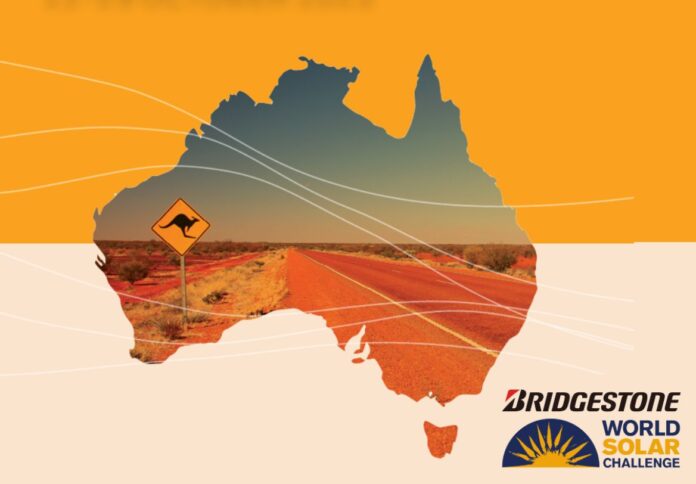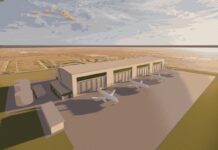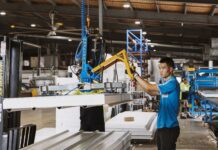
The Bridgestone World Solar Challenge, the largest global solar challenge, is returning to the Northern Territory to showcase some of the world’s cutting-edge electric cars in action and the teams behind them.
Universities from all over the world will touch down in Darwin on 22 October to race across the 300 km stretch of Stuart Highway all the way to Adelaide in hi-tech vehicles designed to be powered only by the sun.
The event will involve more than 1,000 people making up 43 teams from 12 countries.
Teams will compete in one of three categories; Challenger Class, a competitive race; Cruiser Class, which features cars designed for practicality; and Adventure Class, a non-competitive race.
The winner of the Challenger Class in 2019, Innoptus Solar Team from Belgium, will return this year to compete against 32 teams. Meanwhile, the Cruiser Class will see 11 teams from nine countries compete.
“Traversing Australia’s outback, across some of the most remote country in the world, the Bridgestone World Solar Challenge offers communities a unique opportunity to see firsthand the world’s most efficient electric cars and meet the teams behind the scenes,” said Minister for Major Events Paul Kirby.
“The incredible innovation, technology and career opportunities will be on show through school and industry engagement and key activities in Darwin, and then on route as teams make their way south towards Adelaide,” Minister Kirby added.
Local residents and visitors to Darwin will be able to see the technology exhibited in the event, with a range of activities to be organised in the week leading up to the start of the race.
The Bridgestone World Solar Challenge returns to Darwin following a four-year hiatus due to the COVID-19 pandemic. The event first ran in 1987.
Event Director Chris Selwood said the event aims to raise awareness of the possibilities and potential of electric vehicles as consumers increasingly look to more sustainable options to petrol-driven cars and as governments strive for solutions to fight climate change.
“This year we will welcome first-time countries of Estonia and Romania, international ‘top guns’, new and emerging teams and a strong home-grown contingent, with eight Australian teams to fly the Aussie flag.”




















